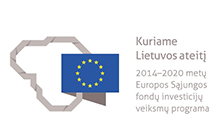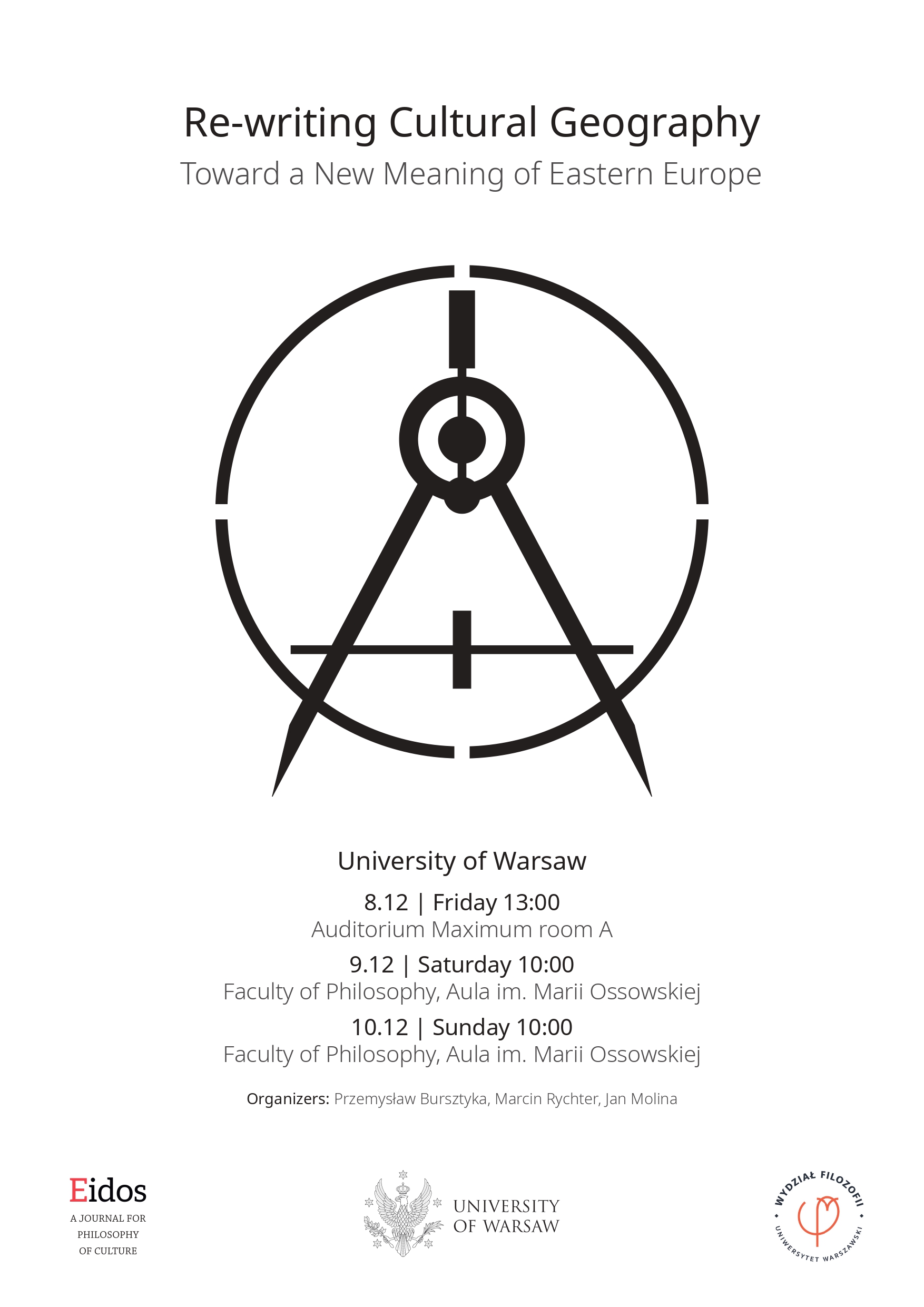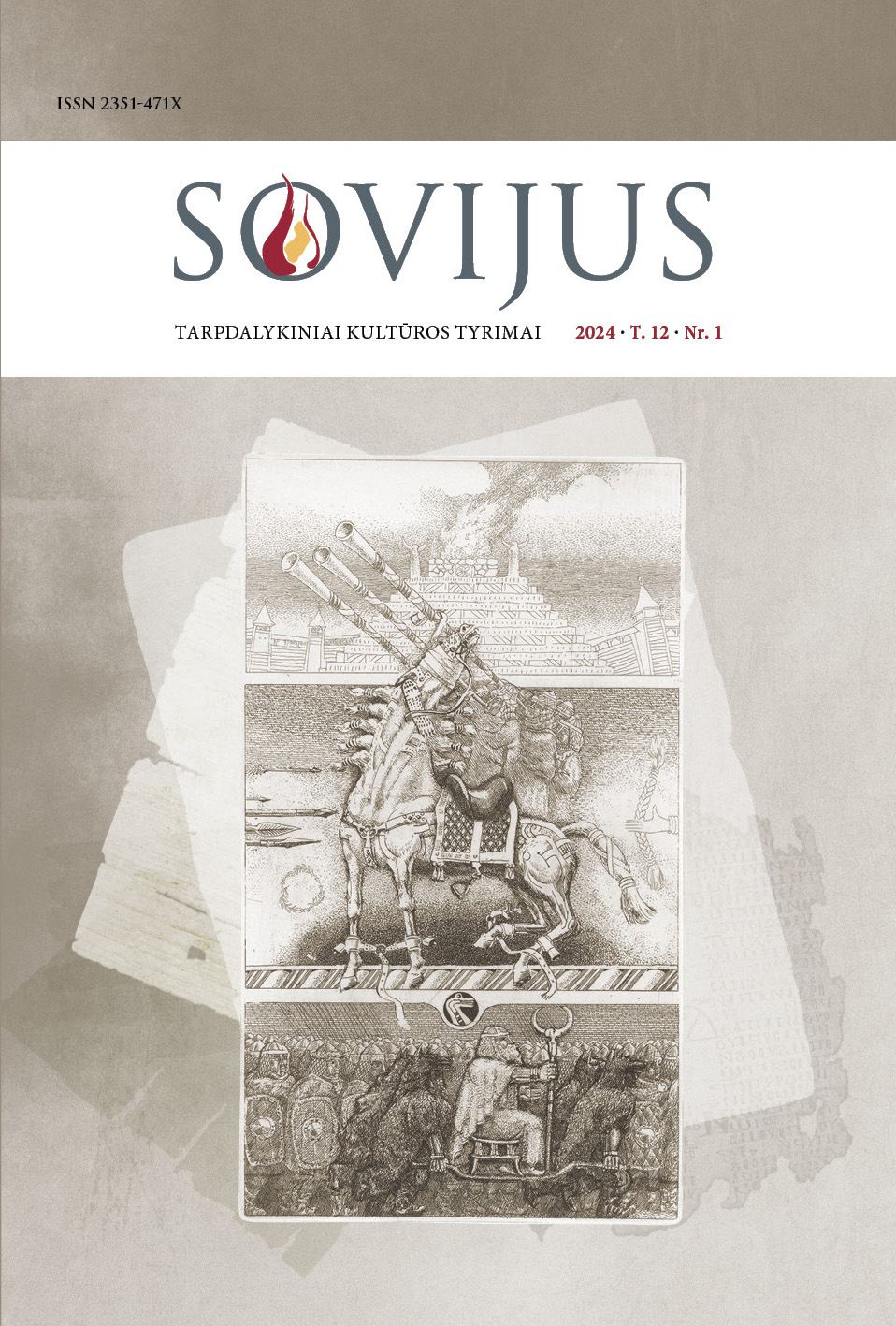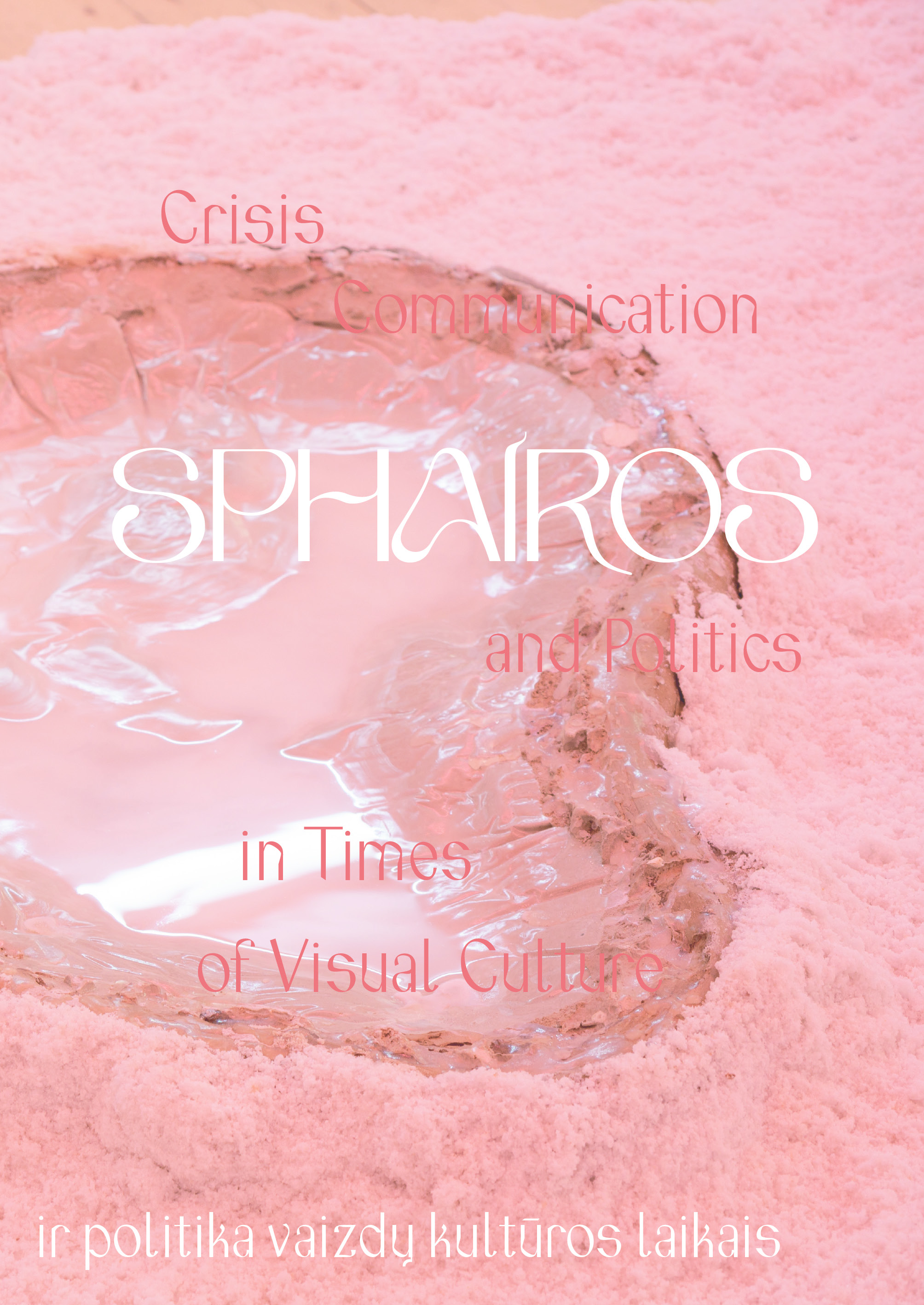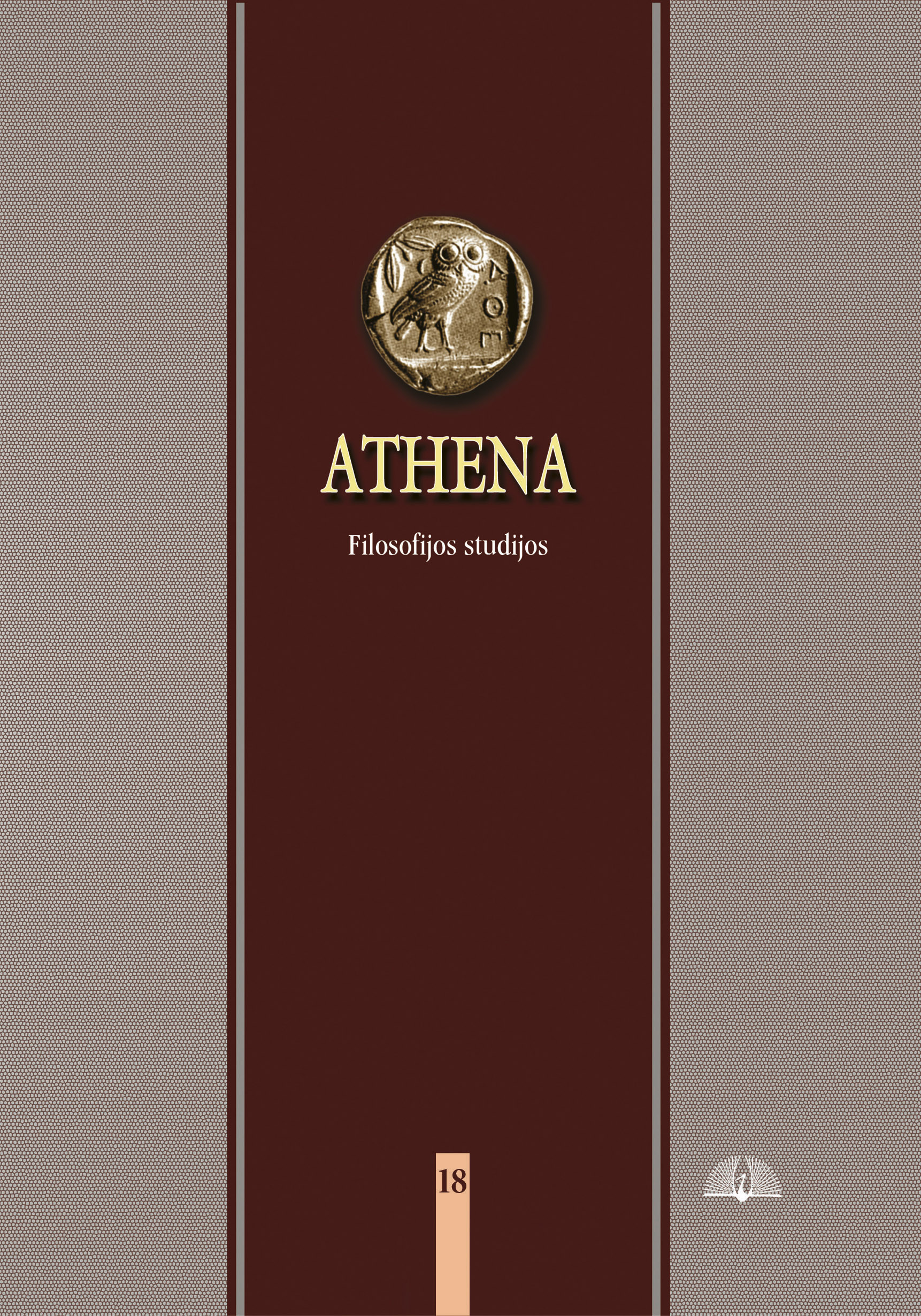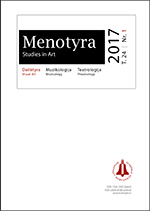- Home
- Conferences
- 25–27 September 2025
ANTS Annual Conference 2025


ANTS Annual Conference 2025
Lithuanian Culture Research Institute, Vilnius
25–27 September 2025
Theatre and Natural Intelligence
We invite researchers, practitioners, and interdisciplinary scholars to submit papers for the conference “Theatre and Natural Intelligence”, which aims to explore the dynamic intersections of human cognition, creativity, and artificial intelligence in theatrical practices, theories, and performances. The conference is organized by the Lithuanian Culture Research Institute in collaboration with the Association of Nordic Theatre Scholars and the Association of Performing Arts Critics (Lithuania).
Contemporary theatre has become a space where natural intelligence – human cognition, creativity, and emotional engagement – intersects with the emergent capabilities of artificial intelligence. This dual focus offers exciting opportunities to reimagine the relationships between performers, audiences, and technologies.
Theatre has always been a medium where natural intelligence – manifested through creativity, emotional resonance, and social engagement – is expressed and explored. Contemporary works continue this tradition by examining human cognition and empathy through innovative storytelling and performance techniques. Live performance remains a unique space for studying natural intelligence in its immediacy, adaptability, and collective experience.
AI systems are increasingly integrated into theatrical creation, from generative scripts (e. g., GPT-based playwrights) to robotic performers and interactive scenography. Theorists like Steve Dixon (2007) argue that technologies expand the definition of creativity, challenging traditional notions of authorship and performance. However, AI's role in theatre raises critical questions about the boundaries of intelligence and the ethics of machine agency in art.
AI technologies can both analyze and evoke emotional responses, reshaping the dynamics of audience engagement. Contemporary works such as Rimini Protokoll's AI-enhanced productions exemplify how AI systems further influence narrative structures and audience interaction creating new layers of meaning (Bay-Cheng et al., 2010).
The concept of hybrid intelligence – where natural and artificial intelligences collaborate (Akata et al., 2020) – has profound implications for contemporary theatre. Hybrid performances challenge distinctions between human and machine creativity, fostering new forms of collaboration that redefine the creative process (Rouse, 2018).
Many contemporary productions engage critically with AI’s societal implications, from surveillance to automation. Theatre artists like Annie Dorsen have created algorithmic works that question AI's political and philosophical consequences, demonstrating how theatre serves as a reflective medium for understanding technological transformation. AI-driven robotics and virtual avatars in performance highlight issues of embodiment and presence in contemporary theatre and provoke questions about how such physicality and materiality shape our spectatorship.
These frameworks position contemporary theatre as a critical space for investigating the intersections of natural and artificial intelligence, offering insights into the future of human creativity, technology, and cultural expression. The conference seeks to uncover how natural intelligence – encompassing human perception, decision-making, emotional response, and creativity – influences and shapes the art and science of theatre.
We welcome submissions from diverse disciplines, including but not limited to theatre and music studies, media studies, information science, anthropology, and philosophy. Ideas for thematic panels, round table discussions, performative lectures are encouraged.
Contributions by emerging scholars are especially welcomed.
References:
• Akata, Z. et al., (2020). A Research Agenda for Hybrid Intelligence: Augmenting Human Intellect With Collaborative, Adaptive, Responsible, and Explainable Artificial Intelligence. Computer, vol. 53, no. 8, pp. 18-28.
• Bay-Cheng, S., Kattenbelt, C., Lavender, A., & Nelson, R. (2010). Mapping Intermediality in Performance. Amsterdam University Press.
• Dixon, S. (2007). Digital performance: A history of new media in theatre, dance, performance art, and installation. MIT Press.
• Rouse, R. (2018). Partners: Human and Nonhuman Performers and Interactive Narrative in Postdigital Theater. Interactive Storytelling. Springer, Cham.
Partners


Sponsors

Friends

We encourage contributions addressing (but not limited to) the following themes:
- Cognition, Imagination and Creativity in Theatre
Investigating the role of human intelligence vs. AI in the creative processes of playwriting, acting, directing, and stage design.
- Audience Perception and Engagement
How do audiences process and respond to classical, intermedial and AI enhanced theatrical narratives?
- Storytelling and Memory
Examining the connections between narrative structure, memory, and audience impact.
- Emotional Intelligence in Performing Arts
Exploring how actors use emotional intelligence to create authentic and relatable characters.
- Theatre and Human Interaction
Investigating theatre as a space for understanding human social behaviour, empathy, and communication.
- Cross-Cultural Perspectives
How does natural intelligence manifest differently in theatrical traditions around the world?
- Technology and Natural Intelligence
The interplay between human intelligence and technology in contemporary and experimental theatre, directing, acting, stage design.
- Special Focus: Music
Natural vs. artificial intelligence in composing, performing and listening.
Publishing Opportunities
Special post-conference issues of peer-reviewed journals Nordic Theatre Studies (ISSN 2002-3898) and Meno istorijos studijos (ISSN 1822-2285) are planned for 2026.
Submissions are now closed.

– Stefan Kaegi, co-founder of Rimini Protokoll
Lithuanian Theatre, Music and Cinema Museum
Address: Vilniaus str. 41, LT-01119 Vilnius, Lithuania
Registration fees
– €80 (regular), €60 (students)
Registration is open until July 20.
Conference Registration Fee Payment Details
Please note that we are accepting payment only in euros.
Bank Transfer Information
Beneficiary’s name: Scenos meno kritikų asociacija
Beneficiary’s account (IBAN): LT477044060008153557
SWIFT (BIC): CBVILT2X
Bank: AB SEB bankas
Payment Description: ANTS2025 conference registration fee (presenters’ name, surname)
Please make sure to include the payment description exactly as written to ensure we can match your payment with your registration.
The registration fee includes:
– A conference pack
– Opening reception
– Coffee breaks
– A guided tour of the Lithuanian Theatre, Music and Cinema Museum
Please note that all attendees, including both presenters and non-presenting participants, are kindly asked to pay the conference registration fee if they wish to receive the full conference package.
Under construction
We recommend flying to Vilnius International Airport (VNO), which has good connections with major airports in the Nordic region and across Europe.
To reach the city center from the airport, we suggest taking public transport (Bus No. 88 – more info: https://judu.lt) or using ride-hailing services such as Bolt or Uber.
For inquiries, contact us at ants2025conference@gmail.com

Address: Saltoniškių g. 58,
LT-08105, Vilnius
Į. k. 111961791
Tel./fax. +370 5 275 1898
Email: LKTI@LKTI.LT


